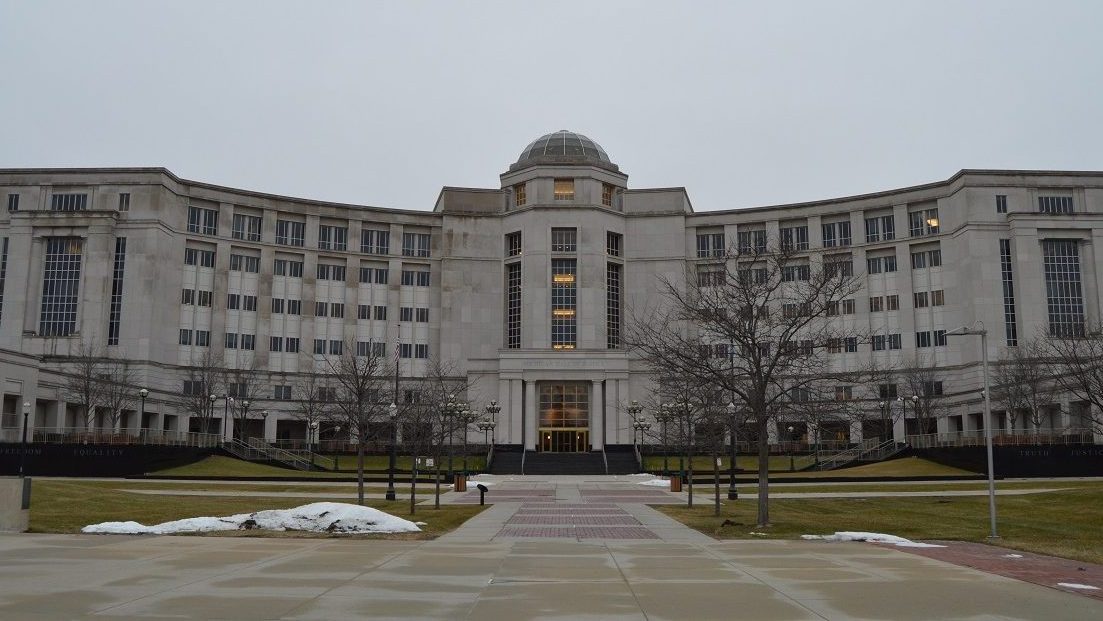Michigan Supreme Court hears arguments challenging newly redrawn legislative districts
At issue is whether there is adequate representation for the state’s African-American population. In the new maps, there are no majority-Black Congressional or state Senate districts.

Michigan Supreme Court
The Michigan Supreme Court heard arguments Wednesday on whether they should direct the state’s redistricting commission to redraw recently approved district maps.
A coalition of current and former Detroit politicians and activists allege the newly-redrawn districts violate the Voting Rights Act and would limit Black representation in state and federal government.
If you reduce those majorities of African-American districts, and you look at the voting patterns, it’s going to take a miracle for them to possibly succeed at this.” —Nabih Ayad, attorney for the plaintiffs
Attorney Nabih Ayad represents those who brought the lawsuit. He says the maps need to include more majority-minor districts.
“If you reduce those majorities of African-American districts, and you look at the voting patterns, it’s going to take a miracle for them to possibly succeed at this,” Ayad says.
He says delays in getting census data — and the inexperience of the commission — is not an excuse.
“There’s not a lot of time. And again, maybe it’s because of the lack of the Census Bureau bringing this information in the six-month delay. But again, why should this community be the sacrificial lamb and all of this? It’s unfair, and it’s unjust.”
An attorney for the Michigan Independent Citizens Redistricting Commission says the new maps score high for partisan fairness and still give Black voters ample opportunity for representation.
“I think it’s very important here that just because a district is not drawn at majority-minority does not mean it will not elect a candidate of choice for the minority community,” Katherine McKnight says.
Some Supreme Court justices expressed hesitation at ruling on a Voting Rights Act case since that’s usually reserved for federal court.
2022 is a midterm election year, and maps will need to quickly be finalized. The court is expected to rule soon.
Trusted, accurate, up-to-date.
WDET strives to make our journalism accessible to everyone. As a public media institution, we maintain our journalistic integrity through independent support from readers like you. If you value WDET as your source of news, music and conversation, please make a gift today.
